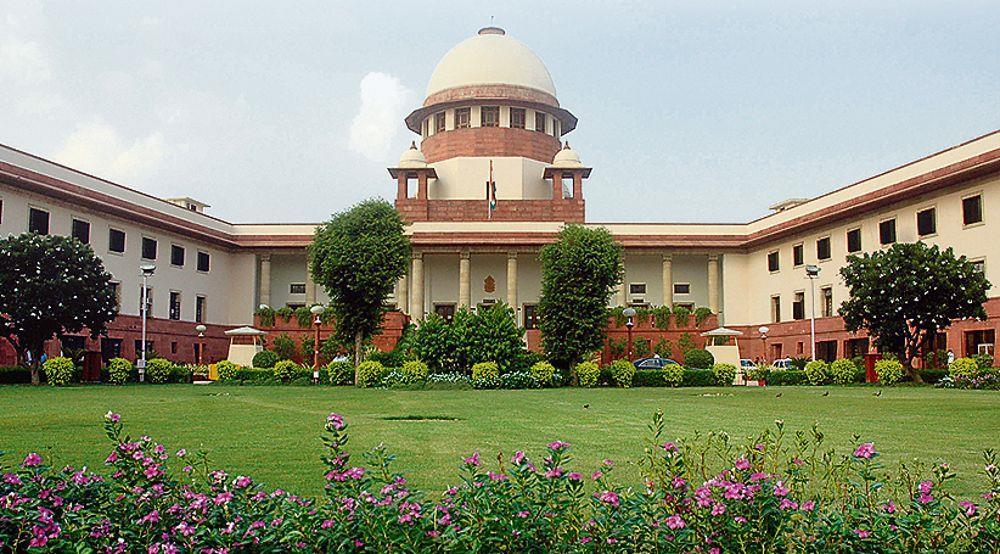
Supreme Court Ruling Highlights Concerns in Evidence Collection and Prosecution Process
Last Updated on October 4, 2023 by News Desk
In a recent landmark judgment, the Supreme Court of India has raised significant concerns regarding the preparation of ‘panchnamas,’ documents that record the proceedings of searches and seizures. The court ruled that if these documents were prepared in violation of Section 162 of the Criminal Procedure Code (CrPC), they would be deemed inadmissible in a court of law.
The court expressed alarm over the role played by witnesses in these proceedings, emphasizing that they often acted as mere attestors to the documents without providing detailed accounts of how objects were discovered during searches. This failure to disclose essential information, such as who initiated the discovery and the manner in which it occurred, raised doubts about the validity of these police-recorded proceedings.
In the case before the court, a three-judge bench examined the conviction and sentencing of individuals involved in a kidnapping and murder case. The court’s scrutiny revealed concerns about the Investigating Officer’s handling of the proceedings, which seriously undermined the prosecution’s case.
The judgment referred to previous decisions that emphasized the importance of ‘panchnamas’ in guarding against misconduct during searches and ensuring the integrity of evidence. It reiterated that ‘panchnamas’ must be prepared in a manner consistent with Section 162 of the CrPC, emphasizing that the Investigating Officer’s deposition should include the exact words attributed to the accused.
Furthermore, the court cited earlier cases highlighting that evidence collected through searches and seizures conducted in defiance of the law or with the possibility of evidence tampering cannot be admitted in court.
In conclusion, the Supreme Court’s ruling underscores the necessity for meticulous adherence to legal procedures in evidence collection, particularly in the preparation of ‘panchnamas.’ The court’s decision to acquit the appellants in this case highlights the importance of addressing infirmities and gaps in the chain of circumstantial evidence and ensuring a fair and just legal process.
Written — Athi Venkatesh




